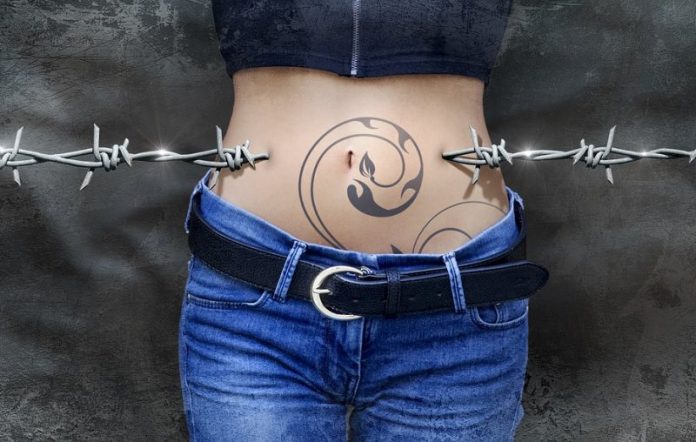13 per cent of Australian women surveyed suffering endometriosis and using self-care strategies had turned to cannabis in the previous six months to help manage their symptoms.
Endometriosis is a condition where tissue similar to the lining of the womb grows outside it in other parts of the body. It can be very painful and is very common, with more than 700,000 Australian women (around 10%) afflicted at some point in their lives according to Endometriosis Australia. The condition can also result in infertility.
Treatments include medical, surgical and complementary options, all offering varying degrees of success and some accompanied by risks and complications.
Among the complementary, or alternative, treatments is women self-medicating using cannabis.
ABC’s Triple J Hack reports an online survey of 484 women conducted by the NICM Health Research Institute found around three-quarters used some form of self-care, with 13 per cent having used cannabis in the previous 6 months. Of all the self-management strategies used, cannabis provided the greatest self-reported degree of pain relief compared to heat, exercise, meditational breathing practice, yoga and Pilates.
Less adverse events were also reported when using cannabis – 10 per cent compared to 33 per cent for exercise and 15 per cent for heat.
While it may offer some hope, one the issues of using cannabis in Australia for endometriosis is of course its legal status, along with a lack of scientific research specifically focusing on its use in treating or managing the condition.
“This kind of data provides us with really useful jumping off point because it looks like women are using it regardless of its legality,” said Dr Mike Armour, a post-doctoral research fellow at NICM. “If people are using it anyway we really should be looking at the effectiveness of this.”
Dr. Armour stressed he was not advocating women use illegal cannabis for pain management.
Medical cannabis is already being used in some parts of the world to treat muscle spasm and nerve pain associated with multiple sclerosis (MS) – both of which can be experienced with endometriosis. Some studies relating to this can be found here. Cannabidiol (CBD), a compound in cannabis that is known to have anti-inflammatory properties, may be playing an important role. Unlike THC (tetrahydrocannabinol), CBD does not create a “high”.
The NICM Health Research Institute survey was carried out with the support of Endometriosis Australia and EndoActive.
Further general information on endometriosis can be found here.


